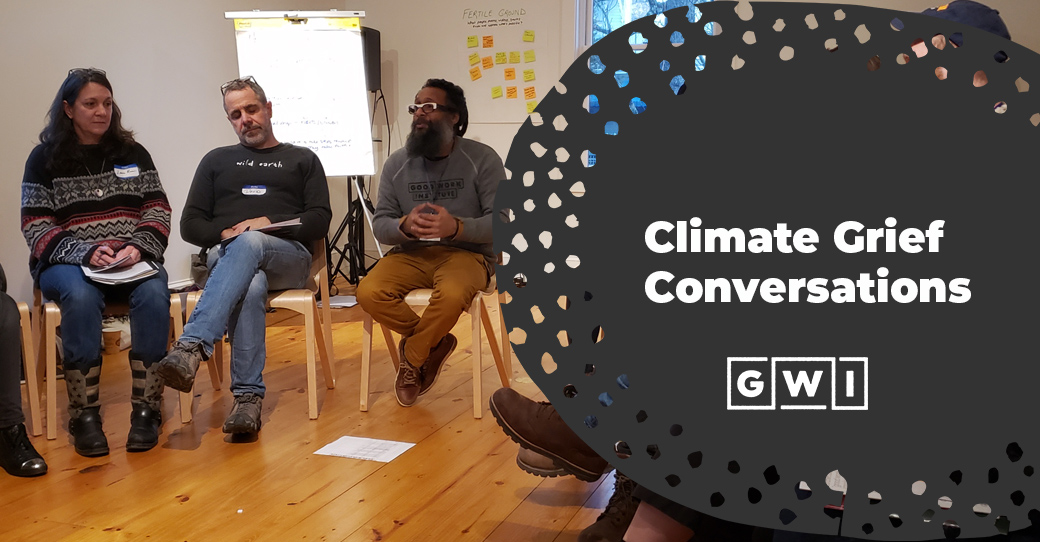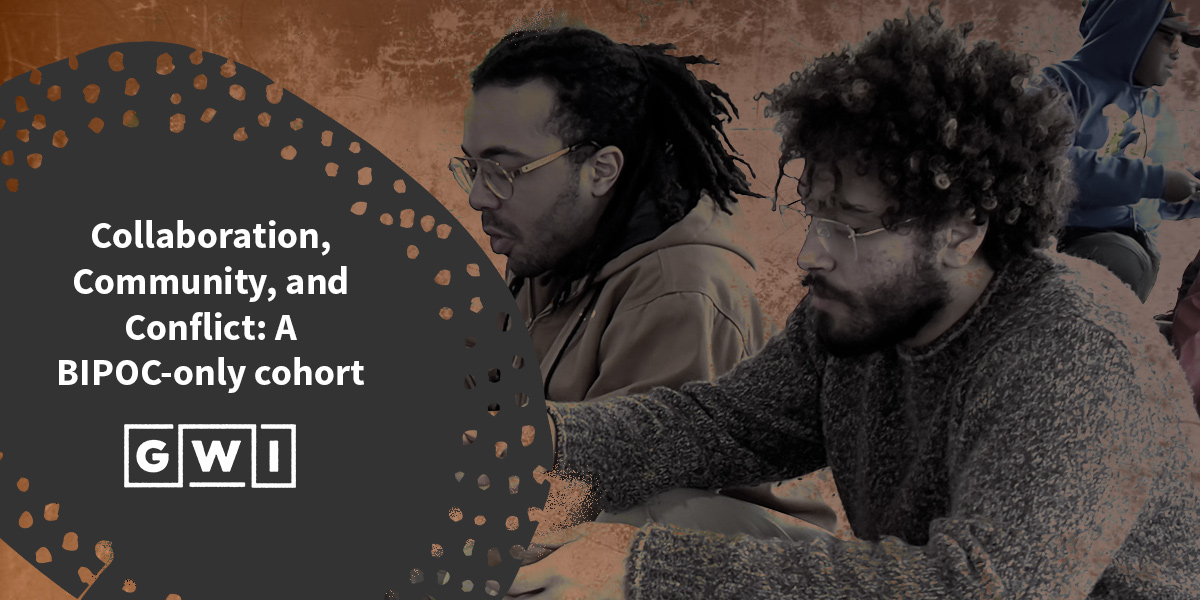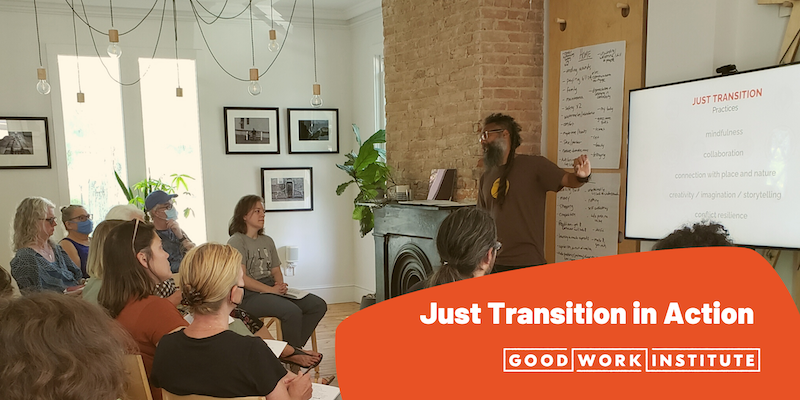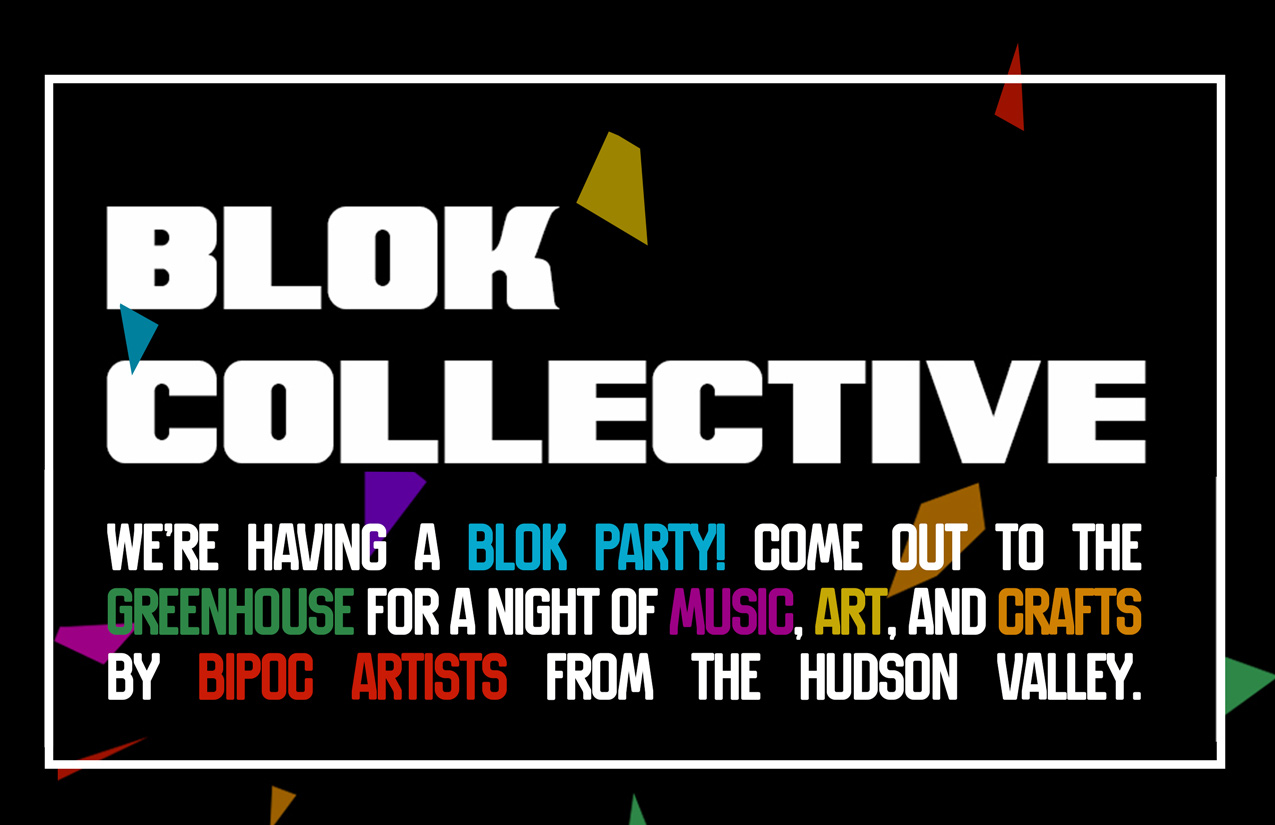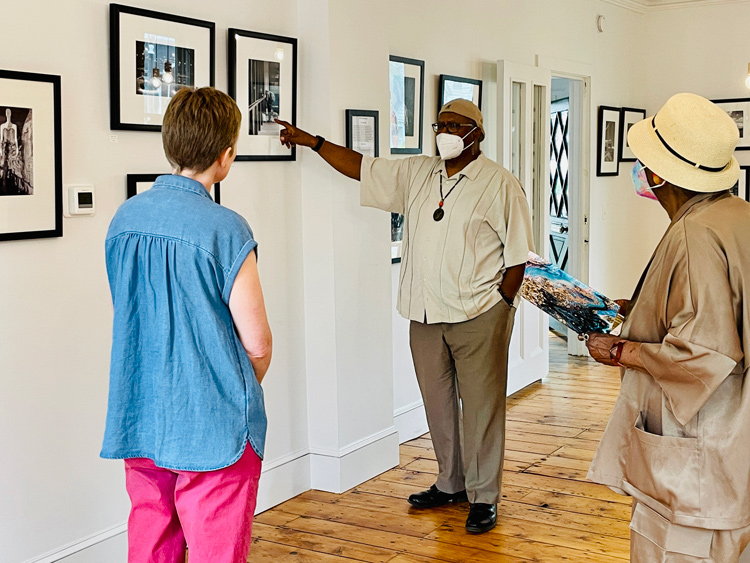In this 6-week, BIPOC-only workshop, we will explore and cultivate nonviolent communication skills that can support our working together productively, authentically, and with care.
When we pour ourselves into the things we care about, we want to know it matters. We want to know that our collective efforts to bring about needed changes and work toward Just Transition will be fruitful. How disheartening, exhausting, and frustrating it is to see our hard work fall short as conflict slows down, stalls out, or, worse yet, totally disrupts our collaborations.
The legacies of a domination paradigm (capitalism, patriarchy, white supremacy, competition to name a few) have left us without the skills we need in order to collaborate effectively and to find generativity in conflict which, on some scale, is inevitable.
Nonviolent Communication (NVC) offers us a toolkit to deepen our own embodied self-connection and build our capacity to relate to ourselves and one another with empathy so that we can show up more fully and authentically to our work in the world. As we begin to unpack the way that domination culture has shaped our very language, we can learn new/old ways of communicating that bring us more deeply into alignment with our values, our purpose, and into connection with one another.
During this 6-week, online workshop designed and facilitated by BIPOC for a BIPOC cohort, we will explore practical strategies for undoing domination in ourselves, our communication, our relationships, and our collaborations. This course will provide an overview of nonviolent communication and support with:
- Understanding empathy: What is it and why does it matter?
- Using a self-empathy model as a tool for addressing systemic barriers to identifying and meeting our needs
- Listening with empathy and compassion
- Preparing ourselves for difficult conversations
- Attending to grief and mourning
- Fostering connection while maintaining personal authenticity
This workshop is not meant to be a forum for working through active conflicts with one another, but rather a place to be supported in cultivating the skills that will help us to engage more effectively with conflict in the various domains of our lives.


